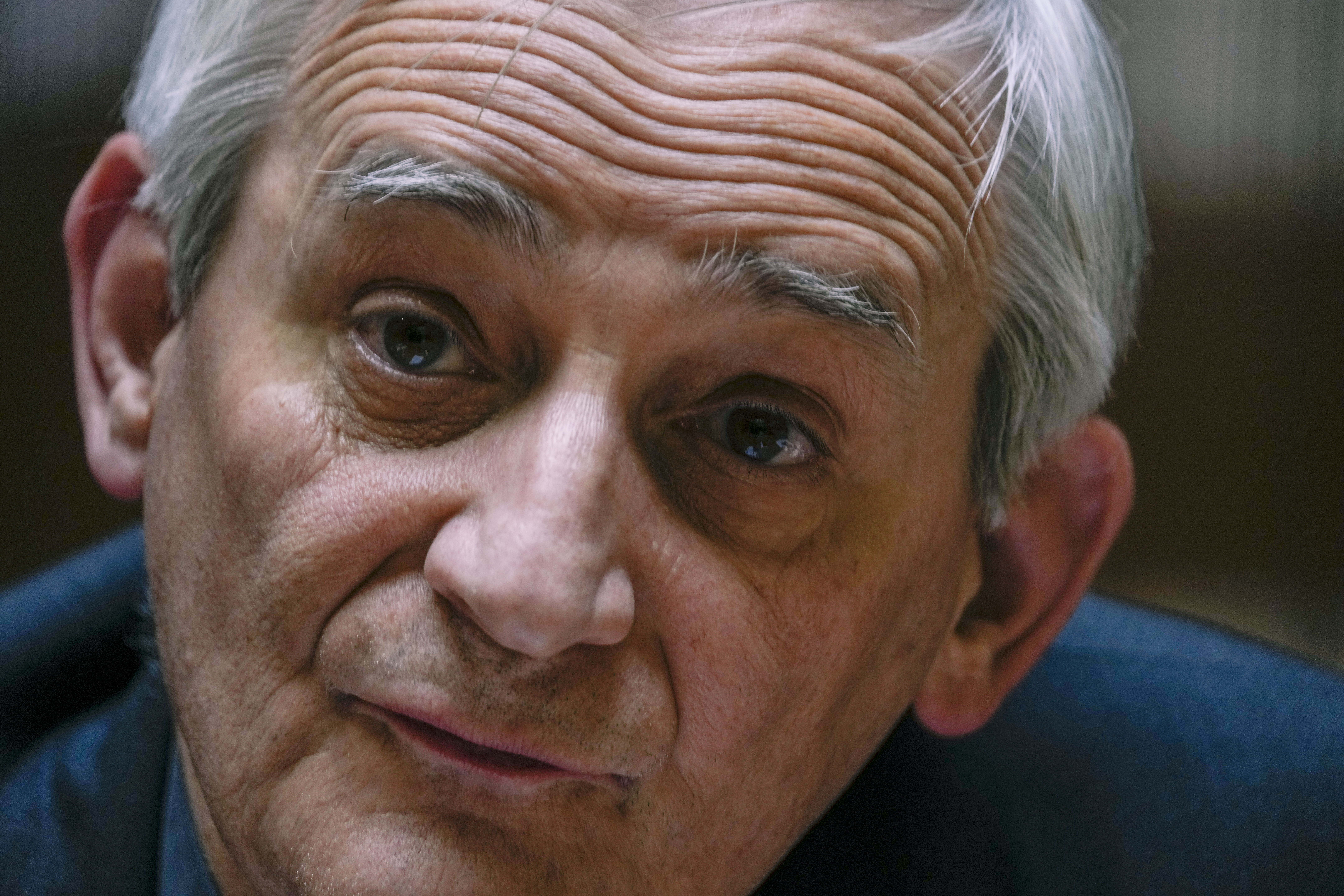VATICAN CITY (RNS) — Sent on a papal mission for peace, Italian Cardinal Matteo Zuppi returned from Kyiv on Tuesday amid mixed reactions from the champions and skeptics of Pope Francis’ efforts to mediate in the Russian-Ukrainian conflict.
Pope Francis sent Zuppi, who heads the Italian Bishops’ Conference and has extensive experience in peace-building projects, to the Ukrainian capital June 5-6 where he met with religious and political representatives, including President Volodymyr Zelenskyy. The objective of the mission, the Vatican said, was to listen to parties involved in order to promote a “just peace.”
What a “just peace” means to Kyiv and Moscow, let alone the West and other stakeholders, may be very different things, and many question whether the Vatican can wield enough influence to bring the opposing sides to any common ground.
RELATED: Pope Francis Sends Cardinal Zuppi to Ukraine To Promote a ‘Just Peace’
After his meeting with Zuppi, Zelenskyy wrote on the messaging app Telegram that “only united efforts, diplomatic isolation and pressure on Russia” can “bring a just peace to the Ukrainian land.”
For Pope Francis, bringing about peace cannot happen without dialogue between all parties involved, including Russia and its president, Vladimir Putin. The pope has avoided explicitly calling out Russia as the aggressor or condemning the Kremlin for its actions in the war in hopes of keeping the door open for the Vatican to act as a negotiator.
Many Ukrainians have expressed disappointment in the pope’s unwillingness to take their side in the conflict, while Zelenskyy made it clear after his meeting with Zuppi that, while Ukraine “welcomes the readiness of other states and partners to find ways to peace,” ultimately it will be up to Ukraine to determine the “algorithm for achieving peace.”
Cardinal Matteo Zuppi, head of the CEI (Italian Conference of Bishops) speaks during a press conference at the Vatican, Thursday, May 25, 2023. (AP Photo/Domenico Stinellis)
Zuppi’s peace mission in Ukraine occurred shortly before the 25th anniversary of the death of another Vatican diplomat from Italy who grappled with the aftermath of the Cold War, Cardinal Agostino Casaroli. Known as the “father of Ostpolitik,” he carried out the Vatican’s 1970s diplomacy policy with countries in the Soviet bloc in a similar manner, aimed at not condemning communism in exchange for protection of Catholics living behind the Iron Curtain. Casaroli greatly influenced the church’s international profile today.
While speaking before newly minted cardinals in August of last year, Pope Francis praised Casaroli for “supporting, with wise dialogue, the new horizons of Europe after the Cold War,” and warned against the political blindness that risks closing those horizons once more.
RELATED: Pope Francis Taps Italian Cardinal Zuppi To Lead Peace Mission in Ukraine
A large part of how the Vatican handles its diplomatic efforts is by offering charitable support for those who are affected the most by the crisis. In Kyiv, Zuppi met with the parliamentary commissioner for human rights, Dmytro Lubinets, to address the question of the many Ukrainian children who have gone missing since the onset of the war.
“Russia has already abducted over 19,000 children, and those are just the cases we know of — we know the Russians also deliberately change their names and birth dates so their parents cannot find them,” alleged Major Archbishop of the Ukrainian Greek Catholic Church Sviatoslav Shevchuk on Monday.
Shevchuk has been a strong advocate for Ukrainians on the ground since the beginning of the conflict, urging the international community to take Russia to task for its human rights violations in the war.


